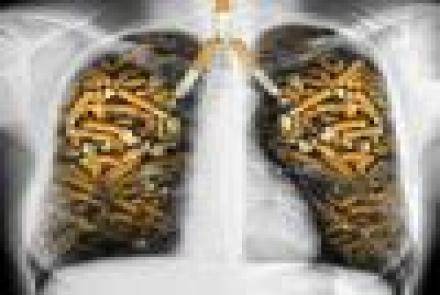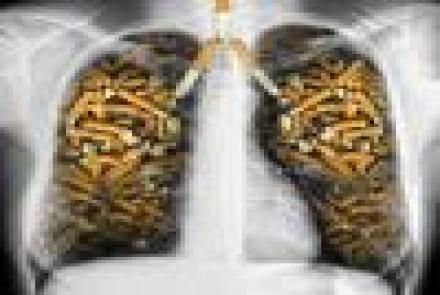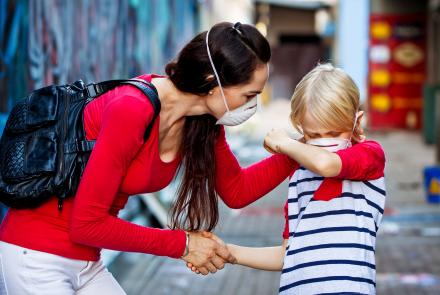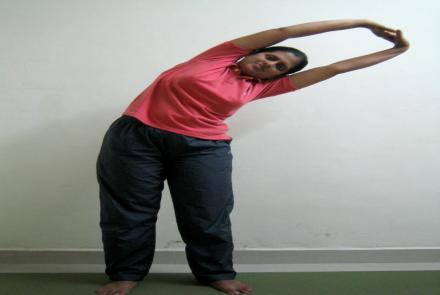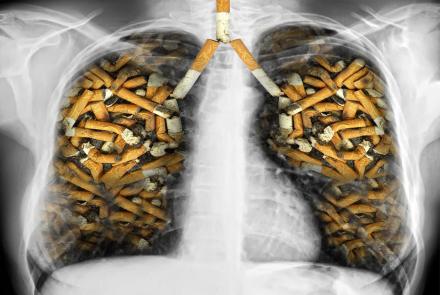Can COPD be prevented
Most cases of COPD are potentially preventable.
The best ways to prevent COPD is
to stop smoking and
reduce your exposure to second-hand smoke and air pollution.
Those with COPD are recommended annual flu and influenza vaccinations to reduce exacerbations and hospitalisation.
Here's how you can improve lung function after you quit smoking:
http://www.patientsengage.com/conditions/improving-lung-function-after-you-quit-smoking

Mrs Usha Raval, who has Chronic Hypersensitivity Pneumonitis shares precautions that persons with chronic lung diseases should take to handle the monsoon/ rainy season. Plus a homemade hack.
Seasonal variations can adversely affect people with chronic lung diseases such as Pulmonary Fibrosis. The change in humidity and temperature during the monsoon can aggravate symptoms such as cough, difficulty breathing, weakness and susceptibility to common respiratory illnesses.
For lung disease patients, even a common cold can have devastating effects on their health and contribute to further scarring of the lungs.
Related Reading: Managing Older Adults Health in Rainy Season
Here are a few precautions that patients can take during the monsoons:
- Avoid getting wet in the rains, always carry an umbrella or raincoat with you for protection.
- Use a good quality air purifier at home, preferably keep one in your bedroom and another in your living area.
- Avoid excess humidity, use a dehumidifier at home.
- If you use air conditioning, keep the temperature at around 25 or 26 o C .
- Eat healthy foods with high protein and fewer carbohydrates.
- Avoid exposure to respiratory infections such as the common cold, flu etc.
- Use a mask and sanitiser around people who are sick.
- If your cough gets worse this rainy season, try this simple homemade recipe for relief:
- 200gm turmeric (ambahaldi) powder
- 50gm dry ginger (soonth) powder
- 50gm Ganthoda (piprimul) powder (Peppermaul, also known as Ganthoda, Piparmaul, Pipramul or Piparamol is a Ginger-like spice.)
- Mix everything together and store in a air-tight container. Drink 1 tbsp with warm water for 10 days in the morning after brushing your teeth. These powders can be made at home or bought readymade from your local spice store or online.
Changed
30/Jul/2024
Community
Condition

